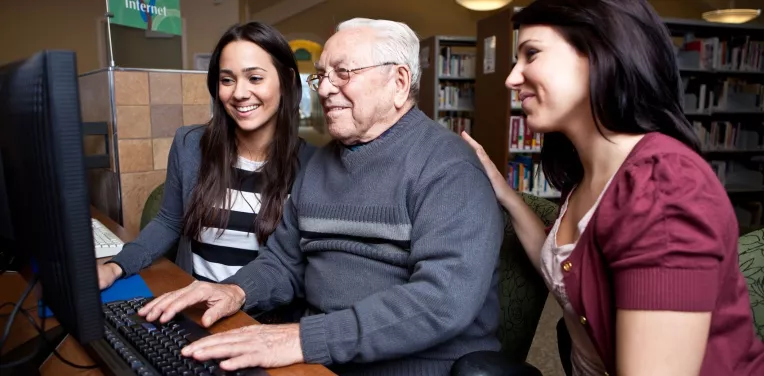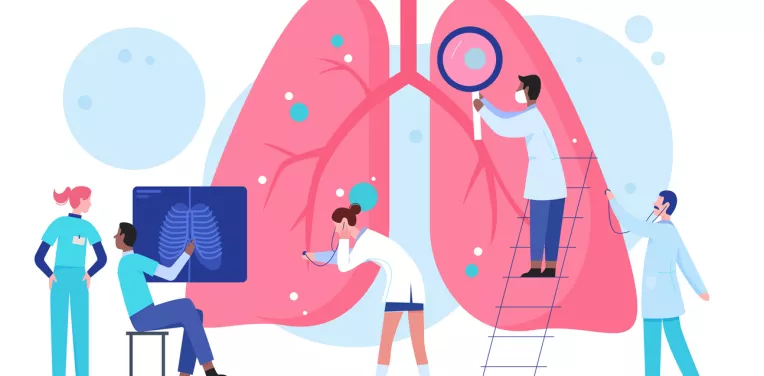Virtual reality gives stroke rehab a new dimension
A Cochrane review has found that virtual reality (VR), when used in addition to standard therapy, can help stroke survivors regain arm movement. The findings suggests that VR could be a promising tool to boost rehabilitation efforts.
New strategy shaped by our volunteers
Cochrane launches its first-ever volunteer strategy, developed in response to feedback from more than 1900 people who are either currently volunteering, or interested in getting involved.
Cochrane at the 78th World Health Assembly
Read our reflections on a week of historic milestones and inspiring dialogue at the 78th World Health Assembly (WHA), the world’s foremost global health policy event.
Weak evidence behind how we measure pain in babies
A newly-published Cochrane review reveals significant gaps in the clinical rating scales used to assess pain in newborn babies, highlighting the urgent need for improved tools and global collaboration.
Cochrane embraces patient and public involvement
We have adopted the term ‘patient and public involvement’ to describe research being carried out ‘with’ or ‘by’ members of the public, rather than ‘to’, ‘about’ or ‘for’ them.
World Health Day 2025: Healthy beginnings, hopeful futures
Discover the work Cochrane is doing that aligns to this year's World Health Day theme, maternal and newborn health.
World TB Day: How reliable are Truenat assays for detecting tuberculosis?
On World TB Day, we highlight findings from a new review assessing the accuracy of Truenat assays for detecting pulmonary tuberculosis (TB) and rifampicin resistance in adults and adolescents.
Catherine Spencer steps down as CEO of Cochrane
Image Catherine Spencer OBE, who served as the Cochrane Collaboration’s Chief Executive Officer since 2022, has decided to step down from the role.
Image March 2025 marks the third anniversary of Cochrane’s commitment to
Music-based therapy may improve depressive symptoms in people with dementia
Image A new Cochrane review has found evidence that music-based therapy may benefit people living with dementia, particularly by improving symptoms of depression.











